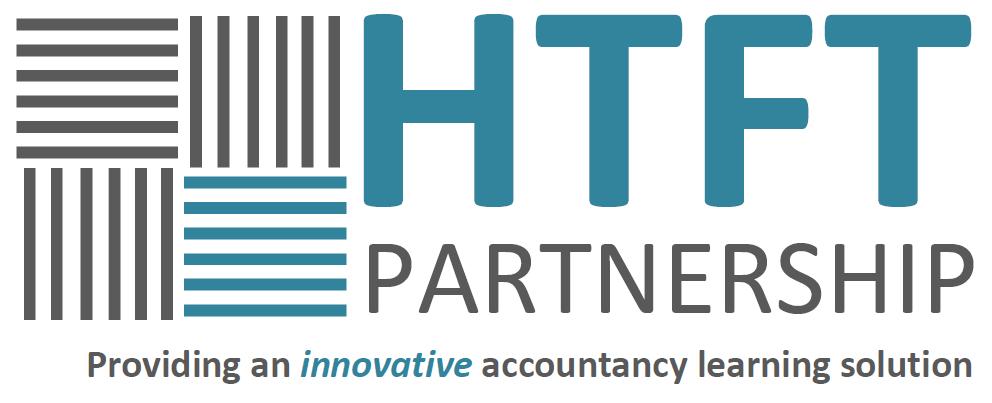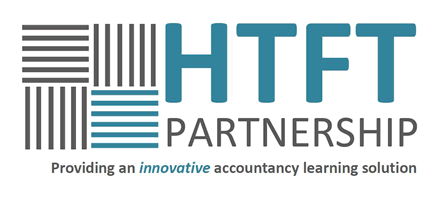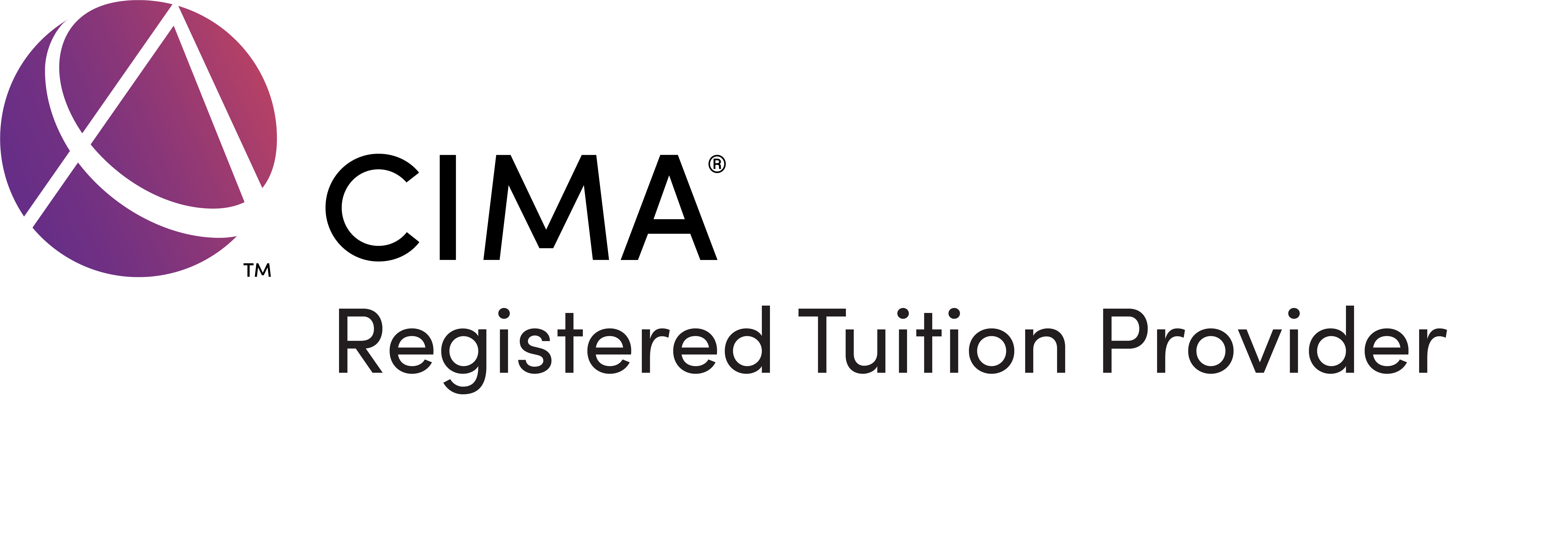Applying single and double-loop learning in the world of professional finance/accountancy training.
Jan 20, 2020
Share This
I have, for some time, wanted to write a short blog on my take on single and double-loop learning – especially in relation to the world of professional finance/accountancy training.
Single and double-loop learning concepts have been developed by Chris Argyris and Donald Schön, with these theories based upon “a theory of action” perspective designed by Argyris.
While single-loop and double-loop learning are two different types of learning used by organisations to adapt and improve their overall performance, I do think the key lessons inside the concepts can be adapted to help students amend/improve their study practices.
Single-loop learning
Single-loop learning is the most basic type of learning and behavioural change that can take place within a system and is also described as incremental learning (https://www.business.com/articles/single-loop-learning-key-terms/). If we put this into the context of professional finance/accountancy training, I see a diagram that looks like this:

In this single-loop model students study, test themselves with questions, move on to study a new area, test themselves with questions, move onto new area and so on.
Double-loop learning
Double-loop learning, also known as reframing, contrasts with single-loop learning by questioning the purpose and function of work being done (https://www.business.com/articles/single-loop-learning-key-terms/).
If we put this into the context of professional finance/accountancy training, I see a diagram that looks like this:

In this double-loop model students study, test themselves with questions but them go on to analyse their results in detail (refine) in order to change their behaviour and adapt the study that they are doing, before examining (testing) themselves again to see what improve they have made.
This additional step of refinement allows students to drill down into the reasons they are getting aspects of questions incorrect and ensures that any further study focuses on areas that need development.
We regularly talk to students struggling to pass exams, and when pushed it becomes clear that they are stuck in a single-loop learning pattern. They are studying a topic, test themselves and then moving onto a new topic without analysing their performance. Yes, they check the answers (often found at the back of the book), but they don’t change their behaviour, so when a similar question comes up in the exam they invariably revert back to answering how they answered during their studies.
By adopting a double-loop learning model students are reminded that time spent analysing performance and adapting their behaviour is the key to success and mastering the content.





